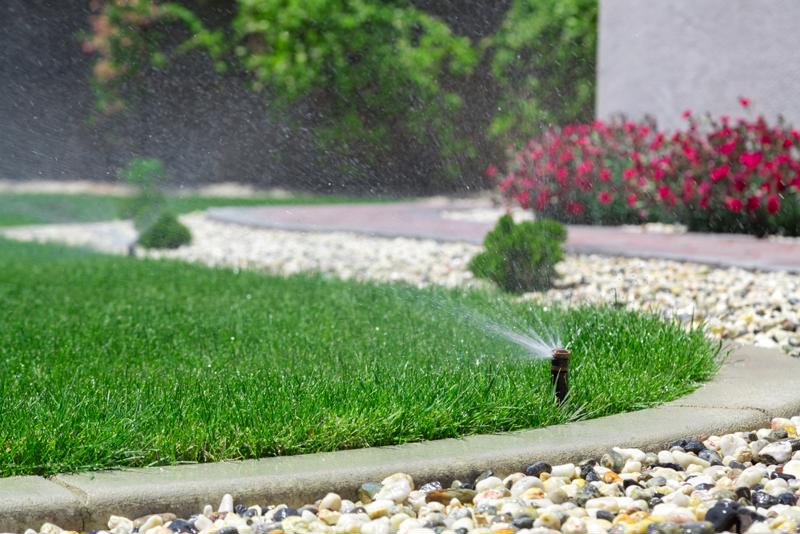Conserving water in the summertime
Sometimes it seems like the seasons change so fast. Spring only got into its full swing in mid-April, but it's already the beginning of May. This means summer is just several weeks from now, and considering how busy so many of us are, that time will pass before we know it. It'll be bright and sunny and warm – and we'll be using much more water than we do during all of the other seasons, be it for hygiene, cooling off or periodically watering our lawns and gardens.
As with all resources, the consumption of water can add up faster than you think and make an unpleasantly large dent in your monthly utility bills. But it's possible to avoid – or at the very least mitigate – that frustrating occurrence. Let's look at several areas in which households can cut down on their water use and ways to achieve this goal.
Be mindful of your gardening water
Whether you've got some plots in your yard for your favorite flowers, raise vegetables and herbs or are simply proud of a well-maintained lawn, gardening can be an enjoyable, almost therapeutic hobby. That said, it's also easy to get carried away with how much water goes into this task.

Popular Mechanics noted that soaking your greens with too much water is just as bad as depriving them of H2O. Lawns need only 1 inch of water per week, so to ensure that you use this exact amount – no more, no less – consider buying sprinklers that you can program to spray for a set time and then shut off. The Regional Water Providers Consortium recommends watering for about 30 minutes per week to accumulate an inch. Most perennials do well on 1 to 2 inches per week, while some vegetables or herbs may have specific water needs you should research before planting.
Timing also matters in watering. According to Popular Mechanics, the morning is most optimal, and be sure the water is cool.
Laundry day: A dangerous day for your summer water bill?
Chances are high that you do more laundry during the summer than other seasons, maybe even a lot more. This is especially likely if you've got a few children or adolescents in your household. Whether they're running around playing cops and robbers, giving it their all in summer sports or coming home from their first minimum-wage jobs, one thing is for certain – they'll all be sweaty. Which means more changes of clothes and a shorter span between laundry loads.
To mitigate the water usage that will result, American Water recommends only running the washing machine when it's full and you've got no choice. Don't be tempted to do frequent small loads, and don't let your spouse or older kids do that either, even if they're trying to help. If you've got the spare time, consider hand-washing some articles of clothing, but this won't be an option for everyone.
Bath and shower water needs
It might be tempting to take a long cool bath as a bit of self-care after you've had a long day at work or running errands, especially if you spent a lot of it outside. However, if you want to keep your water and heating bills down, this is a luxury you can't afford, according to American Water.
A shower uses 10 to 25 gallons of water if it's about five minutes long – give or take a few – while a full-tub bath of any length requires at least 70 gallons. Also, if your schedule is busy enough, you won't have time for a bath, but you could probably fit in two short showers at different times of day. This will be better for keeping cool in the long run.
